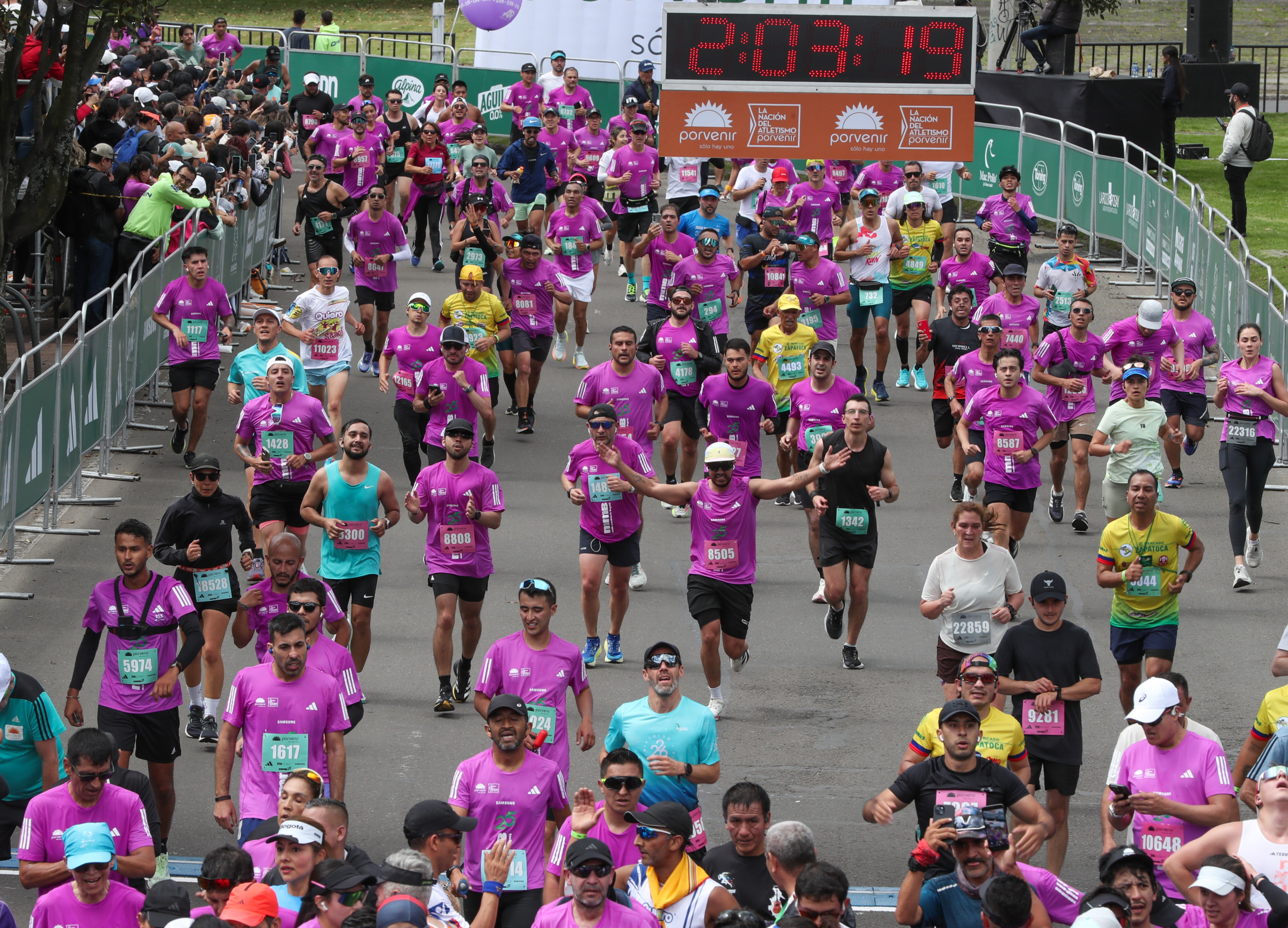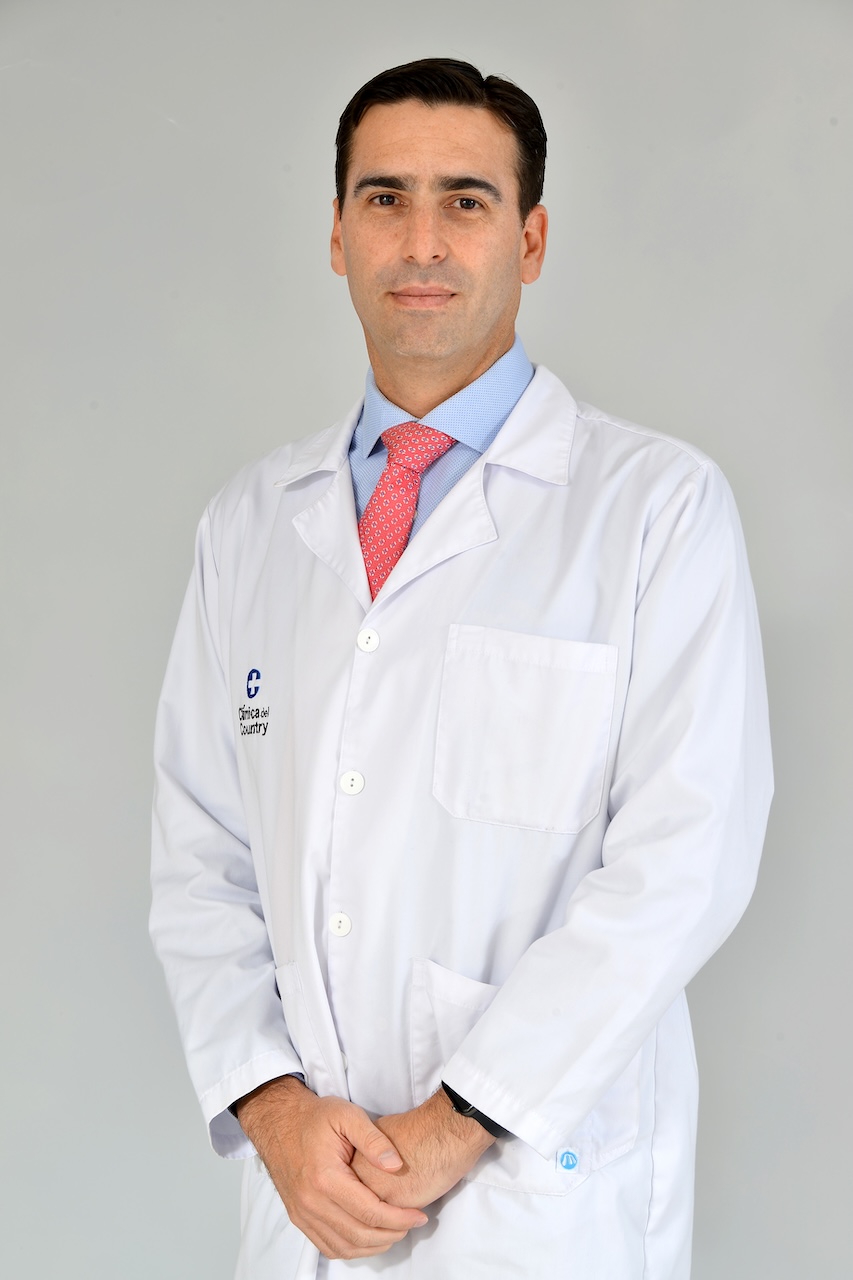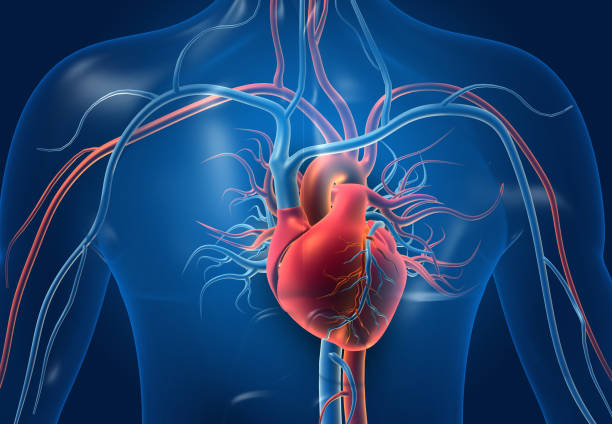The heart exam that people who participate in activities such as marathons or high-demand sports should undergo: it is covered by the EPS

During the 2025 edition of the Bogotá Half Marathon, held on Sunday, July 27, a participant died after collapsing just meters from the finish line. The runner, who was competing in the 10-kilometer event, was immediately treated by the event's medical services and taken to the San José Children's Hospital, where his death was confirmed.
The incident shocked attendees and participants at the sporting event, considered one of the most important in the country. The Correcaminos de Colombia organization expressed its regret and assured that the athlete received specialized medical attention as quickly as possible. The District Institute of Recreation and Sport (IDRD) also expressed its condolences.
Although deaths are uncommon during this type of competition, organizers emphasized that the event had a robust medical response system, with more than 250 personnel deployed to respond to emergencies. Despite these measures, the runner's outcome reopens the debate about cardiovascular risks in high-intensity sports activities.

The Bogotá Half Marathon brought together more than 42,000 people. Photo: MAURICIO MORENO
Patients as young as 23 years old with unknown cardiovascular diseases have come to the office of cardiologist and head of cardiovascular medicine at the Country and La Colina clinics, Giovanni De La Cruz. Young, healthy, with a proper diet, and—in some cases—high-performance athletes, they unknowingly suffered from cardiovascular diseases that put their lives at risk when engaging in strenuous physical activity.

Giovanni De La Cruz, head of cardiovascular medicine at the Country and La Colina clinics. Photo: Jairo Higuera García / El Country Clinic - La Colina
According to De La Cruz, although it's becoming more common for young people and people of all ages to participate in sports, something many don't consider is that it's crucial to know if their heart is healthy and can respond to the various demands that physical activity entails.
For example, those who have family members who have suffered from some type of cardiovascular disease (e.g., hypertension, coronary artery disease, arrhythmias, or heart disease) should evaluate whether their heart is ready for the effort involved in high-performance sports.
Many patients start playing sports without knowing their heart's baseline status.
For this purpose, there is a test called a "Cardiovascular Risk Assessment." This medical analysis takes an average of 40 minutes per patient, and through various simple checkups and tests, the cardiologist can determine the current state of the heart and whether there are any conditions that could cause future problems.

Young people may have underlying conditions they don't know about. Photo: iStock
"The evaluation consists of an echocardiogram and a stress test that allow us to assess whether there is any anatomical abnormality or electrical disturbance in the heart. What we do is push the heart to its maximum capacity to detect pathologies," emphasizes De La Cruz.
This test is commonly performed on people over 60. But for younger people, De La Cruz asserts, it is highly recommended to avoid the possibility that ignorance of the presence of a pre-existing condition could lead to tragedy.
“Many patients begin sports without knowing their baseline heart condition. There are different types of pathologies that can predispose to cardiovascular disease or cardiovascular events because they don't know their heart's condition. We can see this in high-performance sports like marathons, soccer games, or long basketball games, where the heart has to exert maximum effort. If you have any anatomical or electrical alteration that predisposes you to a cardiovascular event, then you can have one,” the doctor emphasizes.
In this regard, he emphasizes, the invitation is for "the patient, before engaging in any activity that could cause harm to their heart, to undergo an examination to determine their baseline condition."
According to the expert, this simple evaluation is easy to request. If you want to do it through your EPS, you must make an appointment so your general practitioner can refer you to a cardiologist, who will then order it. In the country A large number of IPS are capable of doing it.

Knowing your heart's condition is essential when exercising. Photo: iStock
On the other hand, at the Country and Colina Clinics, you can apply through the various health insurance plans they offer, or you can apply privately. "Like all the other clinics, we have state-of-the-art equipment, but we offer expedited scheduling. You'll be seen by a cardiologist (in some cases, a cardiology technician performs the exam, which is then interpreted by a cardiologist). The results are analyzed by a cardiologist in real time, allowing for rapid interaction and swift action if necessary," the doctor concludes.
Environment and Health Journalist
eltiempo





